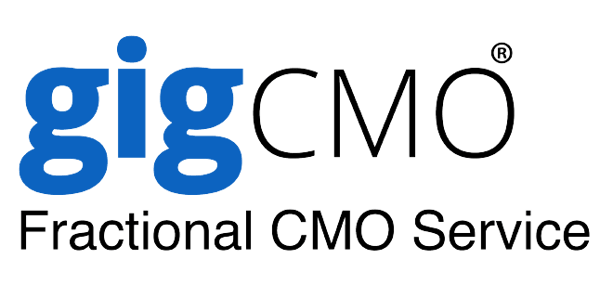
At the heart of any business is the need to understand your customer. If you intend to have a strategy behind your success instead of relying on luck, market segmentation is fundamental to a business. However, if you aren't segmenting your market yet, what do you need to know?
Market segmentation: the definition
“Market segmentation is the subdividing of the market into homogeneous sub-sections of customers, where any subsection may conceivably be selected as a market target to be reached with a distinct marketing mix.” - Philip Kotler
The purpose of market segmentation
When you think about it, segmentation is entirely logical. Suppose you have a large market; then all those target customers are different. One group of people will have different wants, needs and priorities than another.
However, you can't send them a targeted message if you don't identify them. There are lots of ways in which marketing experts divide and subdivide the customer base. You might start with existing and potential customers, for example.
What you're trying to find are common characteristics, shared needs and common interests. It can become a very complex subject, especially for B2C firms. It's arguably less complicated but equally crucial in B2B markets.
Either way, there is an underlying assumption that market segmentation means that each segment requires different marketing programs, which isn't always the case. The purpose is to find critical groups and market to them in the most profitable way.
The benefits of segmentation
An experienced Chief Marketing Officer knows that an effective marketing strategy is based on segmentation and applying the ' eight Ps' (product, place, price, promotion, people, physical evidence, process and philosophy) of the marketing mix. For each segment, the resulting benefits of all that work hopefully include (but are not limited to):
- More effective marketing
- Better return on marketing investment
- Greater brand appeal to select profitable sectors
- Better customer retention
- The different types of segmentation
In broad terms, you can segment a market any way you like. However, the goal is to find large enough or profitable groups to make financial sense. These segments can generally be broken down into four categories. With the amount of digital data we now have available to analyse, they can be nuanced and deeply informative.
- Demographic segmentation: For example, someone who is 60 years old will have different wants to someone who is 20. Once upon a time, this was a groundbreaking differentiation for marketing experts, but today it's very much par for the course.
- Psychographic segmentation: This is arguably the most sophisticated type of market segmentation and gets into your client's life goals, values, and beliefs.
- Geographic segmentation: This looks at the differences based on geography. For example, London will have different consumer requirements to a rural village in the UK. Meanwhile, in China, they talk about Tier 1, 2 and 3 cities.
- Behavioural segmentation: This is a growing sector with more and more information available. A marketing expert can examine how a client browses your website and interacts with your brand.
- Other areas of focus may include technographic, generational and transactional segmentation. However, a simple concept and concise breakdown shouldn't make you think market segmentation is a simple process. Gathering that information and putting it together to make it work for you is a particular, nuanced and ongoing skill.
How marketing consultants apply marketing segmentation strategies for B2B vs. B2C businesses
While this is a topic that marketing experts often use when focusing on B2C businesses, it's no less critical in the B2B market. There are, however, considerable differences in how it's approached and applied.
B2B markets are potentially more complex than their B2C counterparts. However, they are also much more rational because their buying processes are particular. Although consumer brands love to have a personal relationships with clients, those relationships carry far greater individual significance in B2B businesses.
Therefore, nurturing them can profoundly impact a company. While consumers buy into brands, businesses buy into a relationship. They're often long-term buyers because the products in question are usually for use over a more extended period. Consider the supplier of a building materials manufacturer or a corporate accountancy firm.
Less behavioural focus means less segmentation in B2B markets. While some may argue that the result is less innovation, we would say that innovation is merely different. Often it is more significant, resulting in seismic and long-term strategic change.
Does customer segmentation work?
However, the big question is, whether it's a B2B or B2C organisation, does market segmentation work?
It may be an interesting intellectual project for businesses to understand their clientele's breakdown. However, it is a time-consuming and expensive exercise if it doesn't positively impact the company.
The short answer is that it's beneficial as long as the segments are big enough. It has to be easy to allocate individuals to the segmentation for it to work. Those segments have to be different enough so that it's clear who falls into which category.
The other thing that marketing experts and marketing consultants emphasise is that segmentation isn't just intended to be done once. Your clientele will evolve and change over time. As you focus on your chosen segments, you will learn more so that your programmes will become richer and more sophisticated over time. That richness makes this a process that should be revised and built upon when you look at your marketing strategy.
If you would like expert support and advice from a Fractional Chief Marketing Officer, contact gigCMO to find out more.
Click here to learn about Top 10 Segmentation Strategies and How to Execute Them



